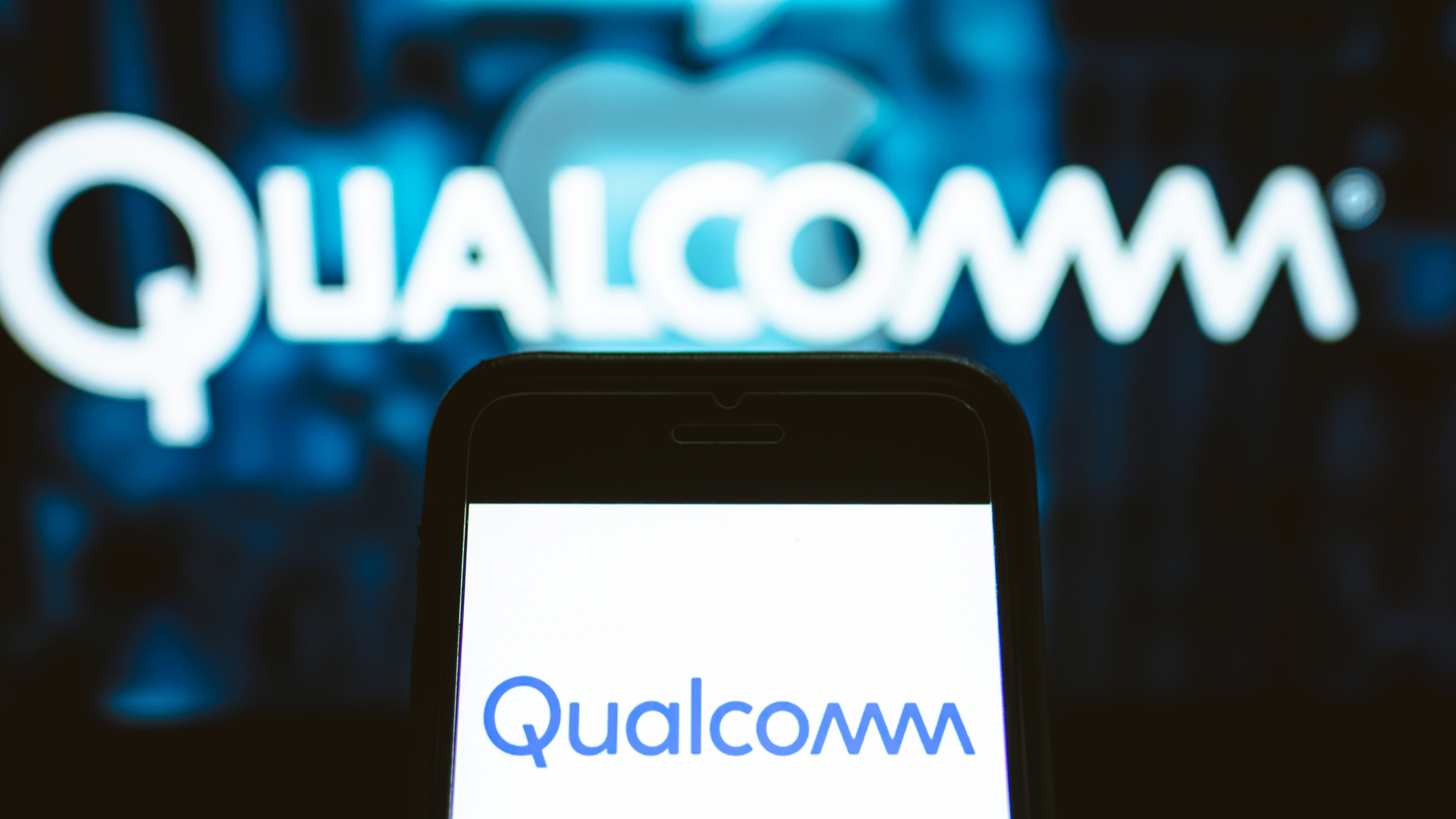Brits could be owed £480m due to Qualcomm 4G "overcharging"
29 million people may be entitled to compensation of up to £30 each if a legal claim from watchdog Which? is successful


Brits could be owed more than £480 million as a result of overpaying for their 4G smartphone, consumer rights group Which? has claimed.
The company is suing US chipmaker Qualcomm, claiming the firm breached UK competition law by abusing its dominance in the patent licensing and chipset markets.
For example, Which? states that Qualcomm refuses to license its patents to other competing chipset manufacturers, nor will it supply chipsets to smartphone manufacturers unless companies obtain a separate licence and pay substantial royalties.
What’s more, the complaint states that Qualcomm insists it is paid fees by smartphone manufacturers even when they don’t use its chipsets in their smartphones.
This means, according to Which?, that the firm is able to inflate the fees it charges 4G smartphone manufacturers, which the consumer is forced to bear in the form of increased handset prices.
“We believe Qualcomm’s practices are anti-competitive and have so far taken around £480 million from UK consumers’ pockets – this needs to stop,” said Anabel Hoult, chief executive of Which?.
“We are sending a clear warning that if companies like Qualcomm indulge in manipulative practices which harm consumers, Which? is prepared to take action. If Qualcomm has abused its market power it must be held to account.”
Get the ITPro daily newsletter
Sign up today and you will receive a free copy of our Future Focus 2025 report - the leading guidance on AI, cybersecurity and other IT challenges as per 700+ senior executives
RELATED RESOURCE

Three-step guide to modern customer experience
Support the critical role CX plays in your business
Which? is seeking damages for all affected Apple and Samsung smartphones purchased since 1 October 2015.
It claims 29 million consumers could be owed a collective £482.5 million in damages, and estimates individuals could be entitled to up to £30 compensation each, depending on the type of smartphone they bought.
In a statement, Qualcomm said the case had “no basis”
"As the plaintiffs are well aware, their claims were effectively put to rest last summer by a unanimous panel of judges at the Ninth Circuit Court of Appeals in the United States," a Qualcomm spokesperson said.
This isn't the first time Qualcomm has faced allegations related to anti-competitive behaviour. In 2018, for example, the European Commission fined the firm chipmaker €997 million (£858 million ) for violating competition laws in a series of deals it made with Apple.
Qualcomm faced a second €242m fine in 2019, after the EC found the company abused its dominant position in the 3G chipset market.
Carly Page is a freelance technology journalist, editor and copywriter specialising in cyber security, B2B, and consumer technology. She has more than a decade of experience in the industry and has written for a range of publications including Forbes, IT Pro, the Metro, TechRadar, TechCrunch, TES, and WIRED, as well as offering copywriting and consultancy services.
Prior to entering the weird and wonderful world of freelance journalism, Carly served as editor of tech tabloid The INQUIRER from 2012 and 2019. She is also a graduate of the University of Lincoln, where she earned a degree in journalism.
You can check out Carly's ramblings (and her dog) on Twitter, or email her at hello@carlypagewrites.co.uk.
-
 Should AI PCs be part of your next hardware refresh?
Should AI PCs be part of your next hardware refresh?AI PCs are fast becoming a business staple and a surefire way to future-proof your business
By Bobby Hellard Published
-
 Westcon-Comstor and Vectra AI launch brace of new channel initiatives
Westcon-Comstor and Vectra AI launch brace of new channel initiativesNews Westcon-Comstor and Vectra AI have announced the launch of two new channel growth initiatives focused on the managed security service provider (MSSP) space and AWS Marketplace.
By Daniel Todd Published
-
 Nvidia settles cryptomining charges for $5.5 million
Nvidia settles cryptomining charges for $5.5 millionNews Nvidia’s gaming chips had been used to mine cryptocurrency, including Ethereum, since at least 2018
By Sabina Weston Published
-
 Google Cloud hires Intel exec to ramp up in-house chip production
Google Cloud hires Intel exec to ramp up in-house chip productionNews Uri Frank has been appointed VP of Engineering for the tech giant’s server chip design division
By Sabina Weston Published
-
 Labour says an Nvidia acquisition of Arm could put UK jobs at risk
Labour says an Nvidia acquisition of Arm could put UK jobs at riskNews Shadow business secretary Ed Miliband calls for an expansion to the Enterprise Act 2002
By Bobby Hellard Published